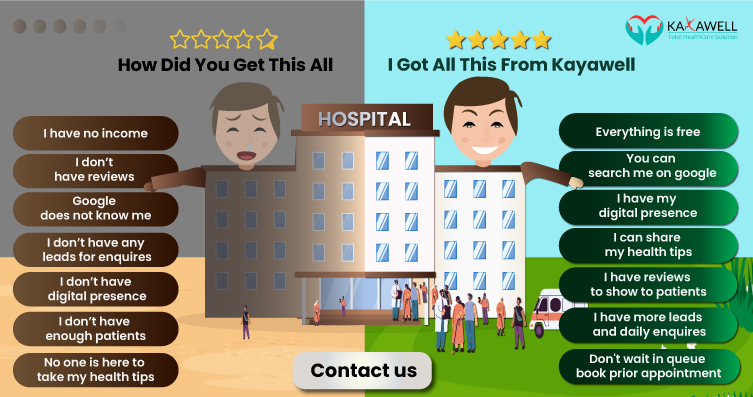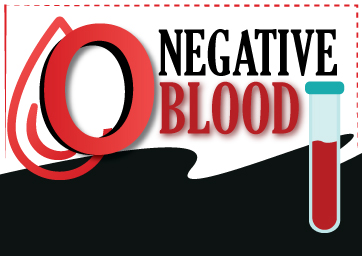O negative blood is the universal donor because it can be transfused into any other blood type.
It's also known as the "oxygenated blood" because it's the only type that contains oxygenated red blood cells. This is important for patients suffering from anemia or other conditions affecting their oxygen levels.
And finally, O-negative blood doesn't have any antigens on the surface of the red blood cells, which is why it's often used in medical emergencies when a patient's blood type isn't known.

How Can I Donate O Negative Blood?
By now, you know that O-negative blood is the universal donor, but did you also know that it's always in high demand? That's because O-negative blood can be donated to anyone, regardless of their blood type.
There are a few ways to donate blood. You can go to a local donation center, or if you're feeling incredibly generous, you can host a blood drive at your office or school. If you're unsure where your nearest donation center is, you can easily find one online.
So if you're interested in donating O-negative blood, the best way is to schedule an appointment with a local blood bank. When you check in, they’ll check your weight, inquire about your hekath status and lifestyle. And finally, they will do a quick blood test.
If everything checks out, they'll add you to the donor registry and give you a little bag of goodies to take home. And that's it! You've just become a lifesaver.
How Can I Get O Negative Blood?
O negative blood is the universal donor, meaning it can be given to anyone regardless of blood type. O negative blood is therefore the best kind to have if you ever find yourself in a situation where you or someone you know need immediate blood transfusion
Given how rare O- blood type is, you might be wondering, how can I get O-negative blood? Follow these tips:
● Determine how many units of blood you need
● Call friends and relatives who can donate
● Ask them to spread the message in their circles
● Contact a blood bank or ask your doctor to recommend one
● If you still need donors, get in touch with National Blood Helpline
● Search online and share your requiremnets on social media pages as well
P.S.: Don’t forget to express your gratitude to those people who come forward and donate.



 Contact Us
Contact Us







 Hospitals
Hospitals
 Doctors
Doctors
 Diagnostic
Diagnostic
 Pharmacy
Pharmacy
 Health Tips
Health Tips
 Blog
Blog


























Comments